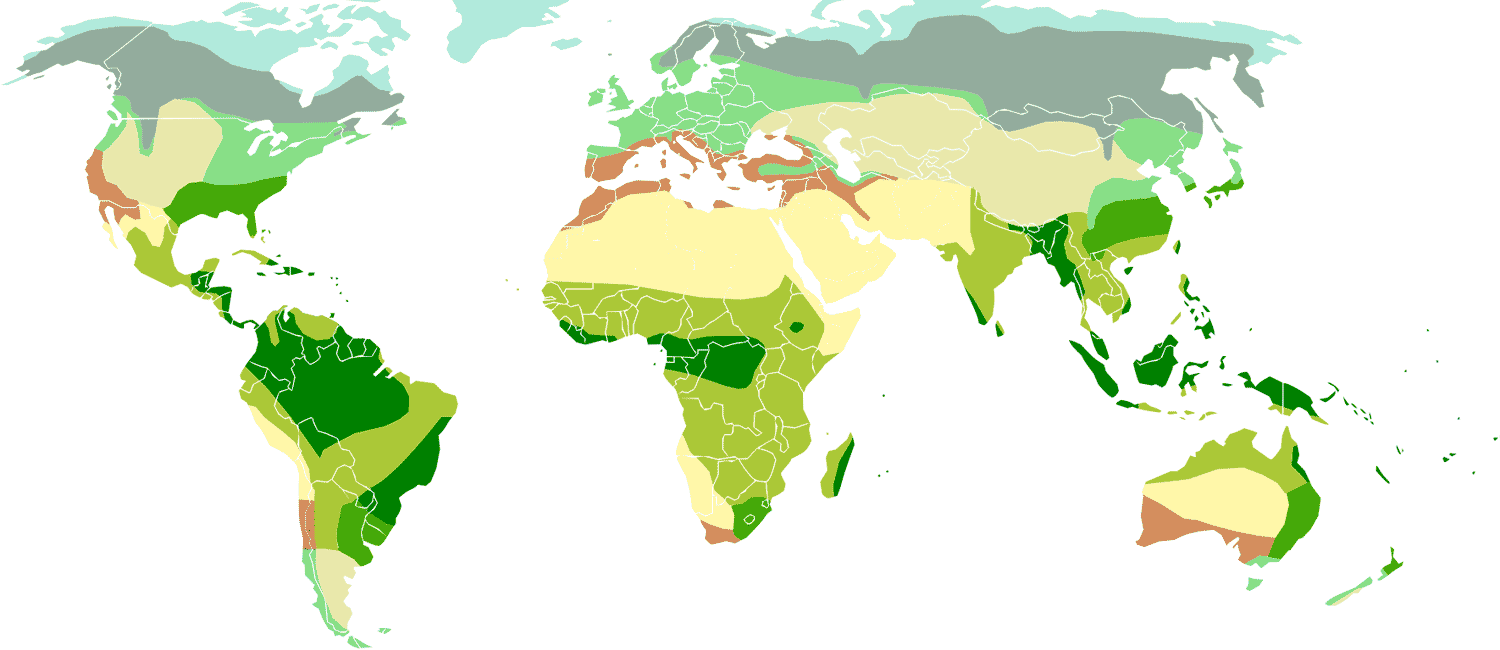Page Content
- Classification
- Region
- Group
- Taxa, synonyms
- Bibliography
- Figures
Eupogonius copei
Eupogonius copei is the scientific name of a group -also called lamiines or flat-faced longhorned beetles-
Eupogonius copei Bezark & al., 2022
Bezark, L.G. & Botero, J.P. & Santos-Silva, A. are the authors of the original taxon.
The type specimen used for original description is cited from Colima.
Eupogonius copei Bezark & al., 2022 is the full name of the group-species in the taxonomic classification system.
The species is combined with the genus Eupogonius ranked in the tribe Desmiphorini.
Classification
| kingdom | |
| Animalia | |
| ~1,200,000 sp. | |
| phylum | |
| Arthropoda | |
| ~1,000,000 sp. | |
| class | |
| Insecta | |
| ~830,000 sp. | |
| order | |
| Coleoptera | |
| ~350,000 sp. | |
| family | |
| Cerambycidae | |
| ~35,000 sp. | |
| subfamily | |
| Lamiinae | |
| 22,033 sp/ssp. | |
| tribe | |
| Desmiphorini | |
| 1,624 sp/ssp. | |
| genus | |
| Eupogonius | |
| 69 sp. | |
| species | |
| copei | |
Region
World [1]

Distribution for Eupogonius copei
Group
copei [1]
Subgroup of
Taxa, synonyms
1 taxon refers to Eupogonius copei
-
Eupogonius copei Bezark & al., 2022 [ type locality : Mexico, Colima, 20 km S Colima ]
Bibliography
Some citations found in the bibliography excluding lists and catalogs except with nomenclatural act or image or data
-
Eupogonius copei Bezark & al. • Faunitaxys • 2022 • 10 (1) : 11 [ nov loc ill div ]details
Eupogonius copei Bezark & al. • Faunitaxys • 2022 • 10 (1) : 11
General information
- description ; distinctive characters
- color photo, holotype, ♂ ; ...
- new taxon/name
Distribution
- [locality type] Mexico, Colima : 20 km S Colima
- Mexico, Jalisco : El Tuito
-
Eupogonius copei ; Bezark & Santos-Silva • Zootaxa • 2022 • 5169 (6) : 586 [ loc ]details
Eupogonius copei ; Bezark & Santos-Silva • Zootaxa • 2022 • 5169 (6) : 586
Distribution
- Mexico, Jalisco
- Mexico, Colima
- Mexico, Guerrero : 8 km W Chilpancingo
Figures
Some references with images to see in bibliography
- Holotype ♂ of Eupogonius copei Bezark & al., 2022 • see Bezark & al., 2022